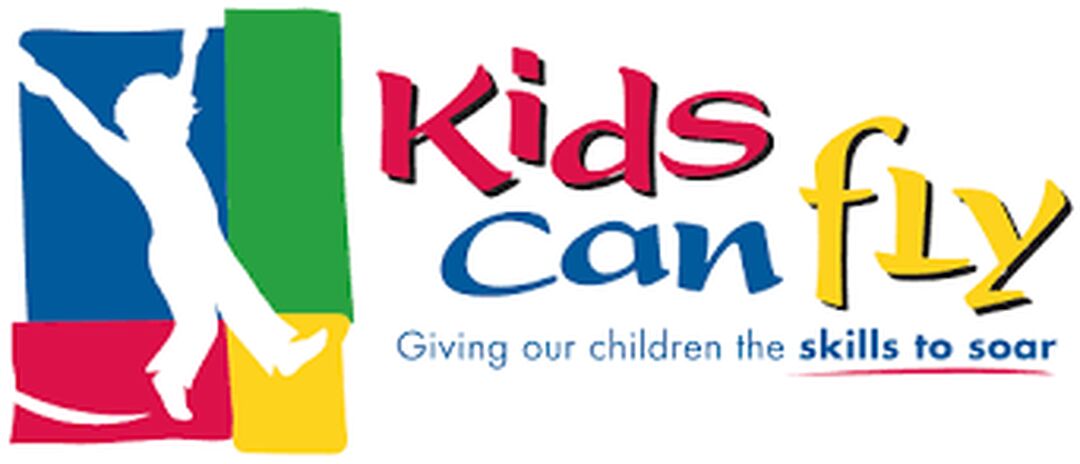Kids Can Fly – And their mothers can, too

3 janvier 2023
As part of their family-based programming, Kids Can Fly trains women who have recovered from postpartum depression (PPD) to deliver a support program, based in cognitive behavioural therapy, to women currently struggling with PPD.
Now, a McMaster University research team co-led by Dr. Ryan Van Lieshout and Kids Can Fly has published a paper in The Journal of Clinical Psychiatry about the success of an OBI-supported study about postpartum depression and mothers caring for mothers.
According to members of the research team, PPD affects up to 20% of mothers and birthing parents, yet only 1 in 10 receive evidence-based treatment. They also cite that barriers include time limitations, long waitlists, and concerns about stigma and judgment by health care providers.
Funded by OBI’s GEEK program in 2020-21 to bring their multi-week, in-person program online during the COVID-19 pandemic, Kids Can Fly also rolled out a shorter, peer-led workshop for new moms at that time.
The study examined the feasibility of training individuals who have recovered from PPD to deliver a virtual one-day cognitive behavioural therapy (CBT)-informed workshop for PPD, assessed the acceptability of these workshops to those with current PPD, and estimated the intervention’s clinical effects.
Results of the study suggest that peer-administered interventions – those delivered by recovered former sufferers – can reduce stigma and convey valuable experiential knowledge, promote normalization, and provide role models for recovery for those with PPD.
Sandy Hamilton, one of the women who facilitated the Kids Can Fly one-day workshop, said that even though her experience with PPD occurred 30 years ago, the opportunity to lead the session provided her with healing and peace as she delved deep into her memories and forgave herself for the thoughts and feelings that were part of those memories.
“When I had my children PPD was neither openly discussed nor recognized other than the ‘baby blues’. But the accepted experience of the ‘baby blues’ did not come close to describing my experiences,” she said. “I felt so much shame…It was a painful cycle of guilt, shame, self hatred, that went on and on for months and months. I openly share my memories of PPD with the group participants as they remain clear in my mind. In this group, we share those thoughts, and those experiences. We normalize those feelings, we provide opportunities to learn how to manage those thoughts, feelings, and the sense of hopelessness. Women become empowered as they share their stories, learn from each other, and learn from the tools and strategies the group provides.”
Lee-Anne Musselman-Clarke, who was also trained to deliver the one-day program, was diagnosed with PPD during her second pregnancy, though upon participating in CBT she realized that she had suffered after her first. She says that living with PPD was a lonely, isolating, anxiety and rage-filled journey, which took a lot of healing to recover from – and that she couldn't be prouder of the work that the peer program accomplished.
“Not being able to speak openly about my struggles in the pregnancy and postpartum period is what caught my attention in wanting to work in peer-to-peer programming,” she said. “I wanted to take away the shame, the guilt, the isolation, and the fear when it comes to speaking about how much postpartum depression can affect all areas of your life. Most of all, I wanted to bring hope to women who were struggling with intrusive thoughts, loneliness, depression, and anxiety. To me, this [Kids Can Fly] program was about speaking openly, honestly and providing the empathy and compassion that most women don't receive.”
She also noted that through the program, she learned that while women with postpartum depression are great problem solvers and want to be solution focused, no one can do it alone.
“Sharing our stories as peers of depression, rage, anxiety, loneliness, guilt and everything in between, allowed for open and honest dialogue. It allowed for parts of my own journey that hadn't been talked about, to be healed. It allowed for compassion between peers. It gave a space for women to talk, show emotion, not be judged and to come back week to week wanting to put in the work to hopefully manage their depression better.”
Study co-lead Dr. Van Lieshout said that Kids Can Fly’s peer leadership in the postpartum space has been outstanding and that the next step will be to grow the program.
“It is an honour to work with remarkable women like Sandy and Lee-Anne and to have the opportunity to try to help new mothers struggling with PPD. We are extremely grateful for the support of OBI and are excited about now delivering a larger full-scale study of this intervention.”
Registration for Kids Can Fly postpartum depression workshop, taking place in February 2023, is now open on their website.
